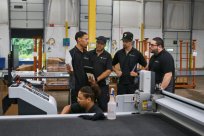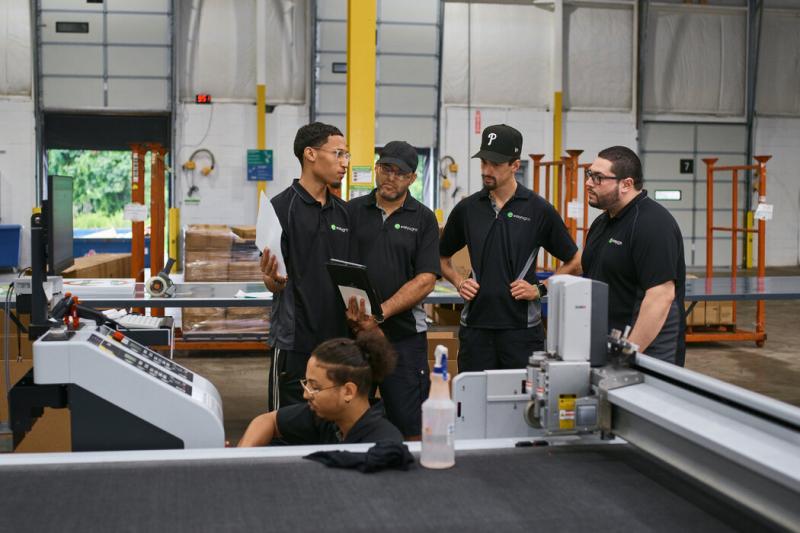
If it is not because of the trade war between the world's two largest economies, Easy SIGNS may now hire dozens of workers in factories in Arandon, Pennsylvania.It was originally prepared to build a second factory in the west -Salt Lake City is one of the candidate cities -to create 100 jobs.
Easy Signs is headquartered in Australia. It is mainly to manufacture banners and marketing devices for corporate activities. It uses large printers to print the logo and slogan on a roll of rolls.Its business in the United States increases at a rate of 70%per year.However, the company's expansion plan is postponed.
The cloth signboard it produces should be hung on an aluminum bracket made in China.Based on the policies formulated by the former President Trump and the Biden government to protect the US industry from the name of the Chinese government's subsidies, these products are now paying as high as 365%of tariffs.
If Trump won the November presidential election and fulfilled his threat, levied 60%or higher tariffs on all Chinese goods, and levied 10%of the tariffs on all imported goods, then the cost of imported components mayIt will rise further.
"This is definitely a terrible concept," said Andy Frehel, co -founder of Easy Signs."The feasibility will no longer exist."
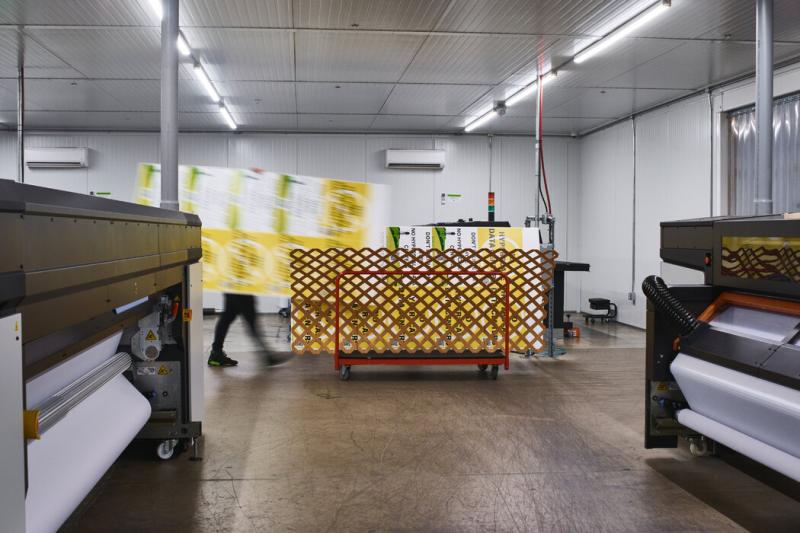
In an interview with more than 20 American manufacturers, retailers and shipping agents, many people said that considering the uncertainty of the tariffs of imported products and components -especially products and zero from China and zero from China and zero zeroComponents -they postpone investment and expansion.If Trump won the election, these tasks are more likely to interrupt.Many people say that if Vice President He Jinli wins, they expect that trade hostility with China will continue, which may increase the cost of components used by American companies.
"Enterprises have almost determined that no matter which government, tariffs on China will continue to improve," Mandip Singh said. His company Via Indigos, a company in Cindinniti, bridge the US factories and Indian suppliers.
Recently, a company producing air purifiers contacted Singh, hoping to transfer production from China to India."They want us to be responsible for the entire product series," Singh said."They want to find a solution as soon as possible."
In 2018, Trump began to impose extensive tariffs on goods imported from China.President Biden expanded this policy and added tariffs on new categories such as electric vehicles and solar cells.
The two governments stated that the tariffs were levied to stimulate factory jobs to return to the United States.However, even if tariffs on imported goods in China forced manufacturers and retailers to reduce their dependence on China, the results usually transfer production to other low -wage countries such as Mexico, Vietnam and India.
According to a recent analysis of Project44, which provides supply chain management technology, some companies are increasing imports to hoard the inventory.The report states that in June and July -the peak period of retailers accumulating inventory for the holiday season -the shipping volume that arrived in the United States from China increased by more than 4%over last year.
Faced with this kind of confusion under the moment, some companies have chosen to observe their changes, and they are accustomed to endless chaos in the supply chain.The new crown epidemic has subverted the global manufacturing and shipping industry, which once led to port traffic congestion and product shortage.
Yemenhota armed forces were united with the Palestinian people in Gasha and launched an attack on the ship. The Suez Canal almost became the restricted area, resulting in the soaring shipping prices.The Panama Canal is limited due to drought flow.The Canadian railway workers threatened to strike with the East Coast and the dock workers on the Port of Mexico.
"I plan to wait, if something really happens, then take action as soon as possible," Sam Shaklton said.He rely on Chinese factory production household goods and garden design products in Boston's e -commerce company Cross Path Capital and sells on Amazon.
The previous tariffs increased the cost of some products by more than 30%.He increased the price and passed about half of the cost.He also said that his suppliers in China have reduced the price of some products and shared the burden on tariffs.
Shachlton has considered looking for suppliers in other countries, but in the end, China has chosen China because Chinese products are cheap and are the best choices.
"There are still many aspects of our business," he said."Even if the matter is about life and death, it is not our priority to move the chess pieces on the chessboard."
Many importers believe that Trump will not levy 60%of tariffs, because it will cause confusion to the economy, threaten the stock market, and raise the price to the disturbing level.
"I didn't see any plans for anyone to do this," said Sara Dan Dan, the founder of Fouroneone, a company who booked a container for the importer."In the final analysis, it is the problem of American consumers. We are used to buying a two -dollar wipe on Wal -Mart."
But Trump broke the traditional norms again and again.Eight years ago, trading experts laughed at his vow to impose tariffs on China's imported goods.
In view of this, some companies are very worried about the remarks of tariffs and have formulated emergency plans.
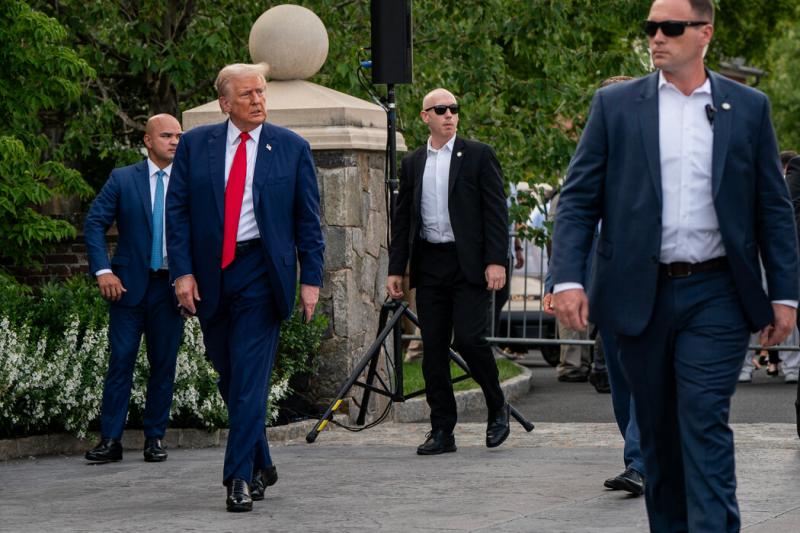
"You must take it seriously," said Chris Taylor, CEO of Gridstor, Portland, Portland, Oregon, said."I think, if you ignore this, you can only be at your own risk."
Gridstor placed a battery order in advance for a project planned to implement in Houston.Taylor has been urging his suppliers to accelerate the operation and establish factories in the United States or nearby to reduce dependence on Asia."Every meeting will mention this topic," he said.
NetStock is a company that designs supply chain management software for enterprises. Its chief executive officer Ala Ohananian said that large companies are retaining additional components and finished products, accepting higher storage and insurance costs to hedge in hedgingThe risk of future tariffs.Some of his customers have transferred orders to Mexico to avoid tariffs on imported goods in China.
But Chinese companies have also established factories in Mexico, using the North American Trade Agreement to obtain tax -free opportunities to enter the United States.Some American importers believe that Trump's second term will terminate this arrangement.Motor companies are particularly worried because Mexico has become the main component supplier of American auto factories.
"Everyone starts to be nervous," said Rose George, a consulting chain consultant in the automotive industry."They said:‘ We know we are purchased from a Chinese company, but it reads “Made in Mexico” above. This is not as black and white as we think. ’"
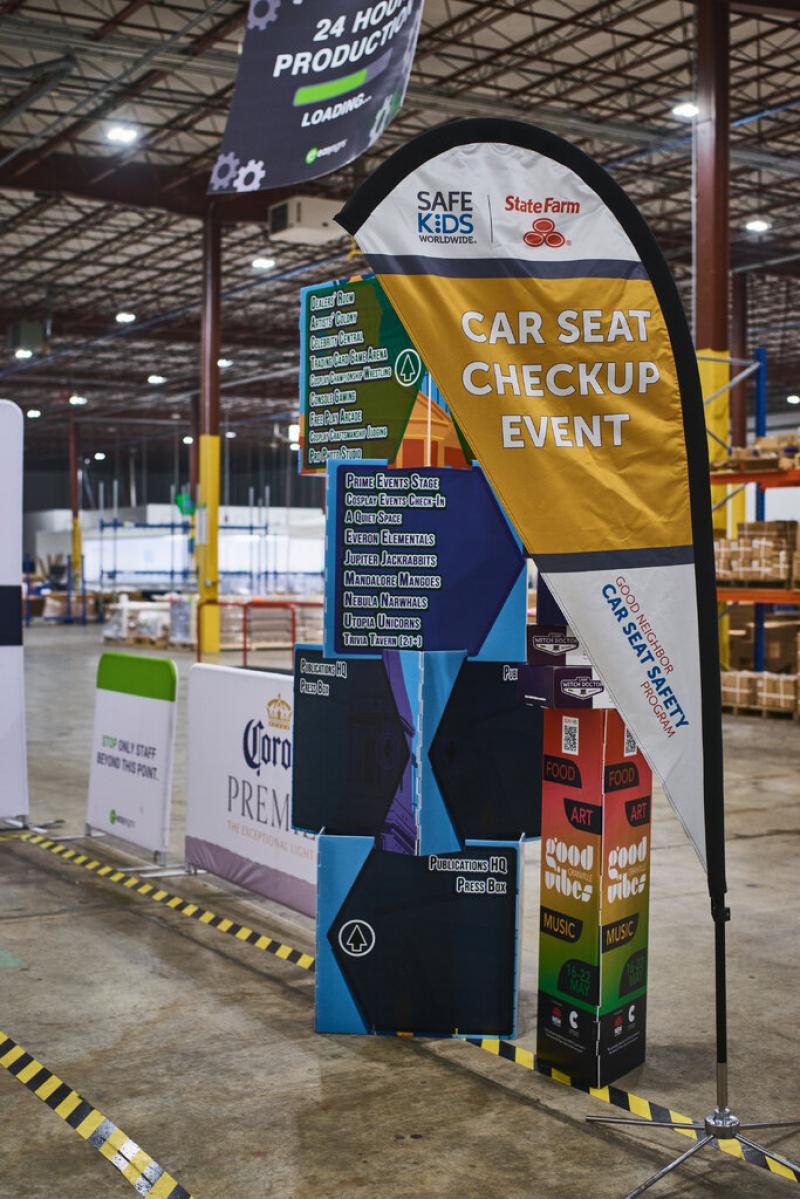
Due to the serious dependence of batteries imported from Southeast Asia, the solar industry seems to be particularly vulnerable to intensified trade war.In recent years, Chinese companies have set up factories in Malaysia, Thailand and Vietnam to avoid the US tariffs imposed by the United States' export products.This prompts the United States to levy new tariffs on export products in these countries.This trend is expected to expand.
ANZA is a company that is connected with the two parties for solar equipment. Its CEO Mike Hall said that even the expectations of further trade barriers may slow down the development of solar energy."This will make things more expensive, causing uncertainty and fear," he said.
In Pennsylvania, Easy SIGNS recently received two containers filled with aluminum brackets in Philadelphia Port.The company did not pay additional tariffs, but refused to receive these goods, paid additional freight, and transported the goods back to its warehouse in Australia.
But the growth of a key area made the company please."We will produce many election slogans."


